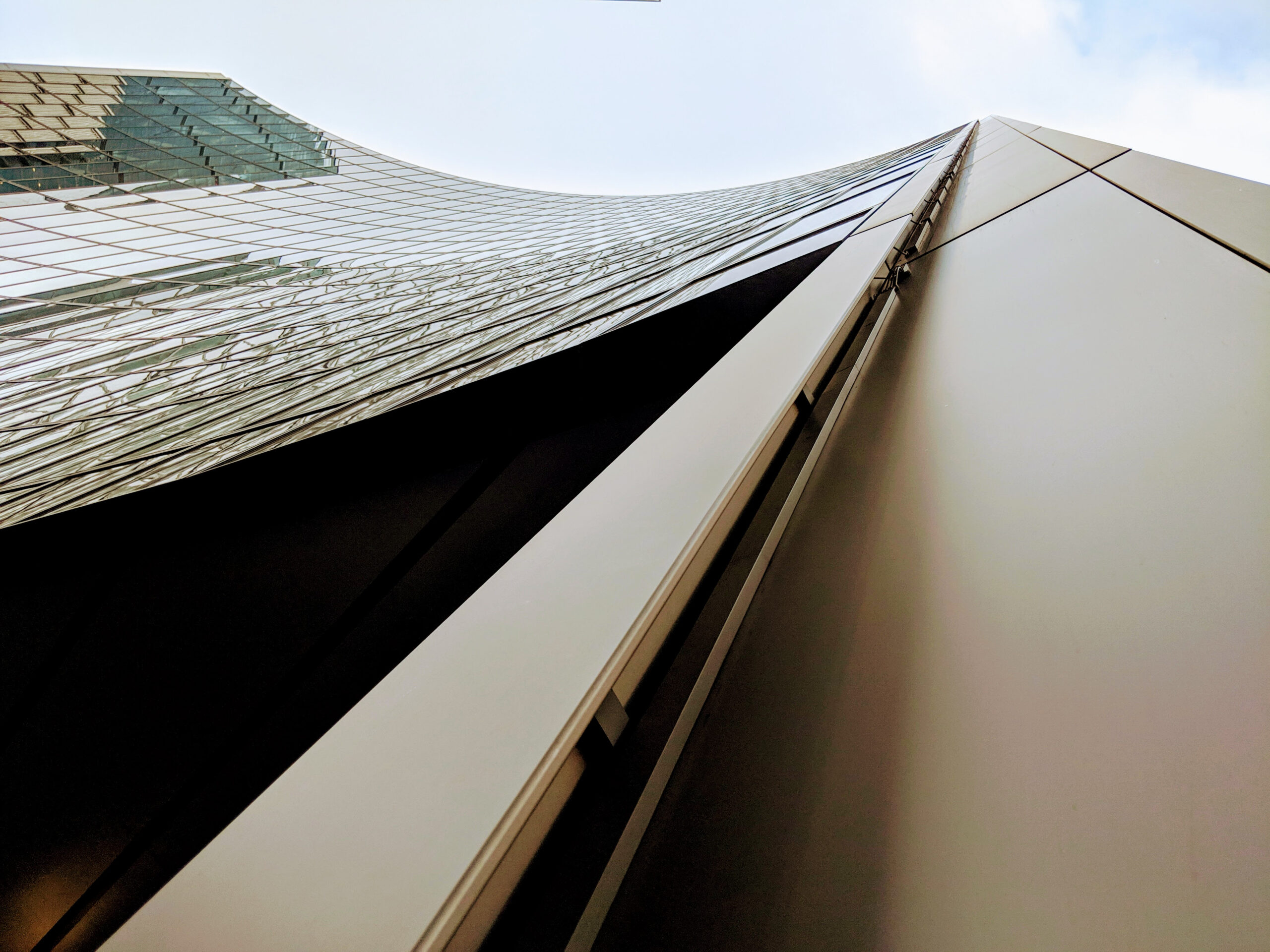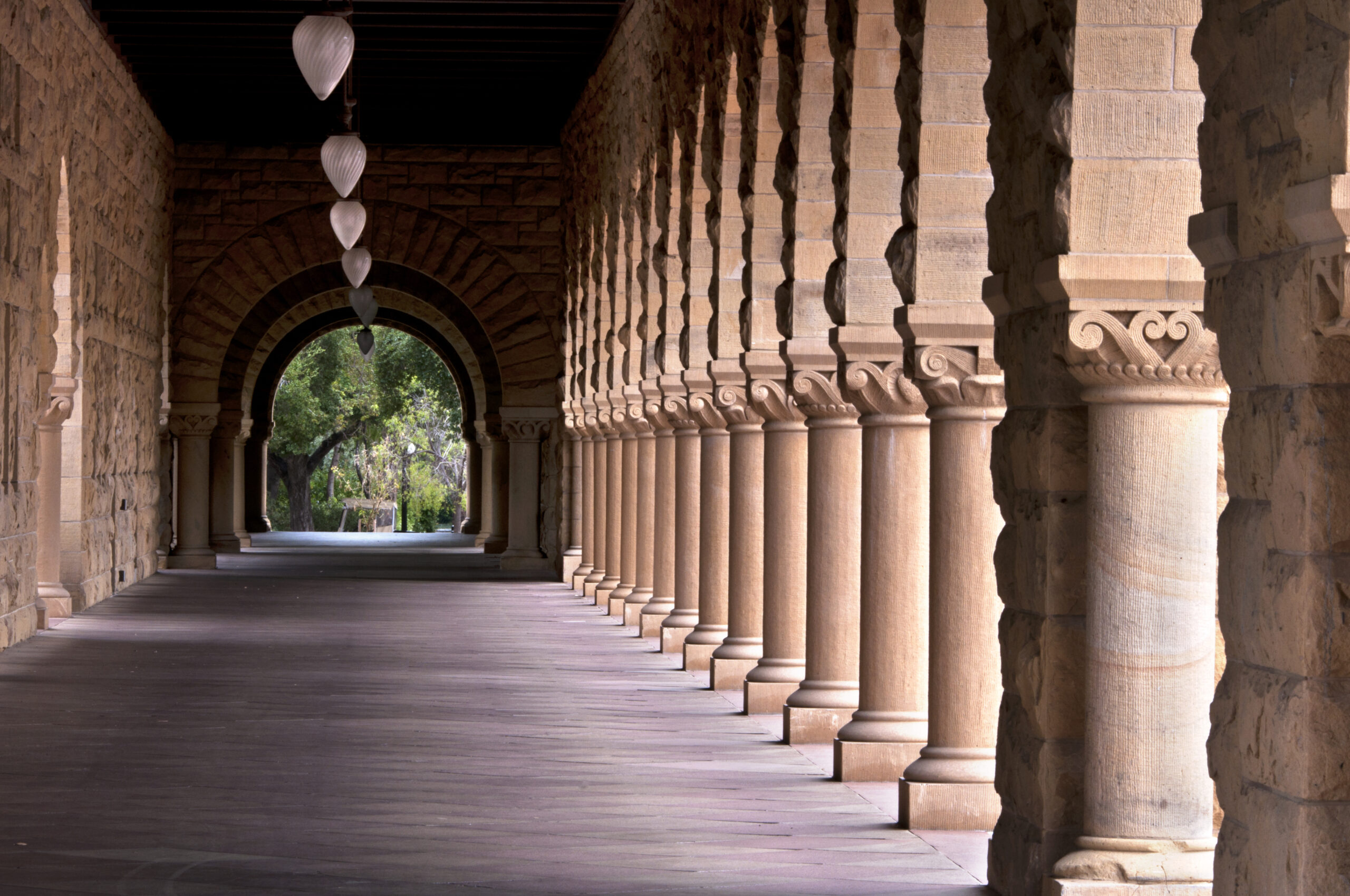A team of Three Crowns attorneys filed an amicus curiae brief in Penobscot Nation v. Frey, a major U.S. Indian treaty case currently before the U.S. Court of Appeals for the First Circuit in Boston, Massachusetts. Partner Luke Sobota and associates Motohiro Maeda, Kimberly Larkin, Laura França Pereira, and Will Sullivan submitted the brief on behalf of a group of prominent experts in U.S. Indian law and early American history.
Three Crowns’ amicus brief supports the Penobscot Nation (the Nation)—one of four federally recognised indigenous peoples in Maine—and the U.S. government in litigation against the State of Maine and a group of Maine municipalities, regional agencies, and businesses. At issue in the case is the Nation’s title to a sixty-mile stretch of the Penobscot River that has served since time immemorial as the Nation’s fishing ground.
The stretch of river runs along a string of islands to which the Nation retained aboriginal title in treaties concluded in the late eighteenth and early nineteenth centuries between the Nation and the states of Massachusetts and Maine. Federal and state legislation enacted in 1980 settled a territorial dispute between the Nation and Maine by establishing a reservation for the Nation in the territory retained by these treaties. The central question in Penobscot Nation is whether the Nation’s reservation extends beyond the islands themselves to the surrounding riverbed and waters.
The amicus brief argues that the Nation’s original treaties with Massachusetts and Maine preserved the Nation’s rights to both the islands and the surrounding riverbed and waters. This is because the treaty terms reserving the islands to the Nation would have been understood at the time of the treaties to include the adjoining riverbed as well. Since the 1980 legislation defined the Nation’s reservation with reference to those treaty terms, the reservation today must include not only the islands but also the adjacent riverbed and waters.
The U.S. Court of Appeals for the First Circuit heard oral argument in the case en banc on 22 September 2020. A decision is expected by early 2021.





